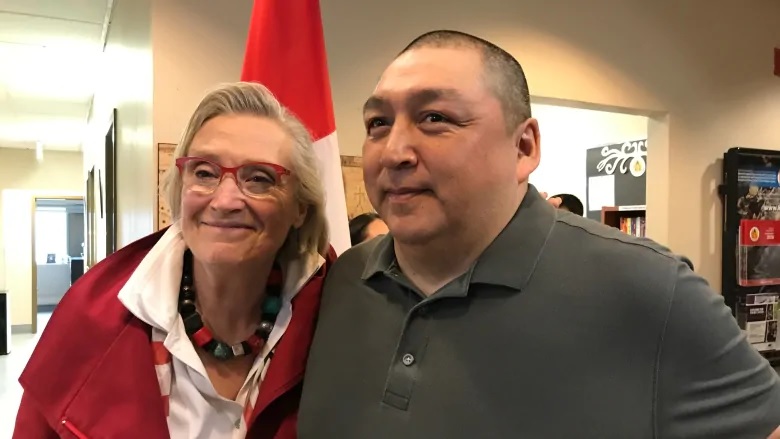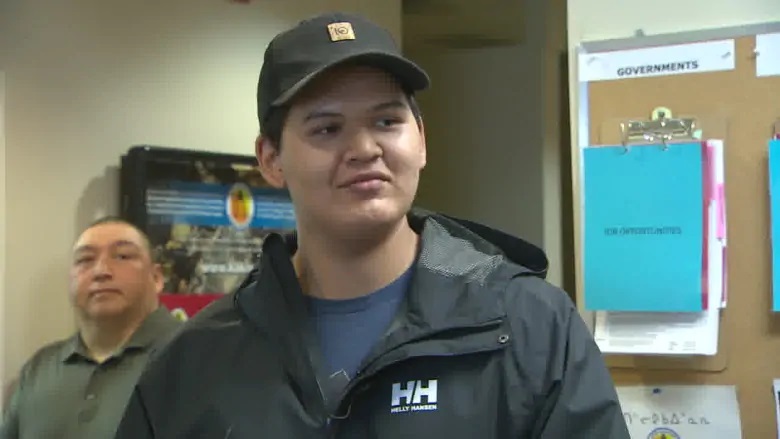Inuit groups in Canada to get over $161M for skills, employment training

Canada’s Crown Indigenous-Relations Minister Carolyn Bennett was in Iqaluit, Nunavut on Monday where she announced changes to the federal government’s Indigenous Skills and Employment Training Program.
The program, previously called the Aboriginal Skills and Employment Training Strategy, is designed to help Indigenous people improve their skills and find employment. It funds the creation of educational programs, and helps people attend training that already exists.
The federal government earmarked $2 billion over five years in the 2018 federal budget for upgrading the Indigenous employment training program — that money is rolling out now.
Organizations that serve Inuit in cities in Southern Canada and across Inuit Nunangat, the country’s four Inuit regions, will receive $161.2 million total over the next five years.
In Nunavut, Kakivak Association and the Kitikmeot and Kivalliq Inuit Associations will manage the territory’s share of the money.
Samuel Kuluguqtuq, a carpenter apprentice who attended the announcement, recently completed a two-year renovation technician program in Perth, Ont.
The Kakivak Association helped him with a living allowance throughout the program.
“It was very straightforward, simple. [Kakivak] helped me throughout the way. It was very good,” Kuluguqtuq said.
He’s now working in maintenance for the Nunavut government’s Department of Community and Government Services.
After the initial five-year funding runs out, a press release from the government of Canada promises there will be ongoing funding of $32.6 million a year for Inuit to help the programs continue running.

The Kakivak Association helps financially with mining training programs and runs a health careers initiative, but Bennett says the possibilities are broad.
“The question I asked directly was, will language and culture be part of the kinds of courses that people can take?” Bennett said. She said the answer was positive.
“What I’ve been hearing in the whole of the Nunangat, the importance of revitalizing language and that culture stays strong.”
Changes to funding
The program has provided support to 375,000 Indigenous people, according to the press release.
In addition to the name change, the program has been updated to allow funding to go to Inuit, Métis and First Nations-specific funding programs, as Bennett said she’d heard the umbrella Indigenous programs didn’t always suit the needs of everyone.
“We’ve been hearing the pan-Aboriginal approach doesn’t work,” she said. “The choice is actually up to First Nations, Inuit, and Métis to develop a combined project or a distinctions-based one.”
The program will also require less frequent reporting and less detailed reports from the funded organizations, so they can focus more on delivering programming.
The types of programs that can be funded have also been expanded. There will now be greater focus on the full range of programs from teaching essential skills to upgrading skills.
Related stories from around the North:
Canada: Agnico Eagle’s mine training program has its critics, CBC News
Finland: Paper mill in northern Finland confirms hundreds of layoffs, Yle News
Russia: Shrinking workforce a growing problem for Murmansk’s economy, The Independent Barents Observer



